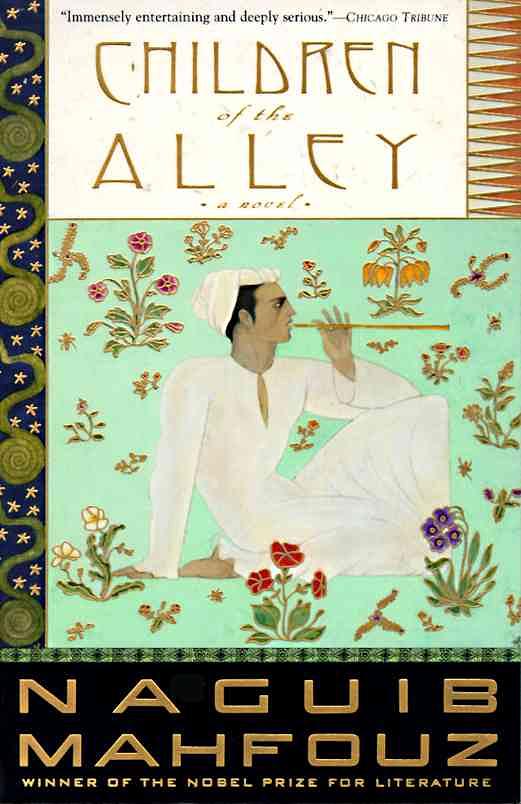內容簡介
內容簡介 The tumultuous alley of this rich and intricate novel (first published in Arabic in 1959) is inhabited by a delightful Egyptian family, but is also the setting for a second, hidden, and more daring narrative: the spiritual history of humankind. The men and women of a modern Cairo neighborood unwittingly reenact the lives of their holy ancestors: from the feudal lord who disowns one son for diabolical pride and puts another to the test, to the savior of a succeeding generation who frees his people from bondage. This powerful novel confirms again the richness and variety of Mahfouz's storytelling and his status as "the single most important writer in modern Arabic literature" (Newsweek). There are nineteen works of fiction currently available in paperback from Anchor.��Because of the many universal themes of Mahfouz's work, and the variety of titles from which one can choose, this guide has been designed to provide you with questions that can apply to any or all of the books by Mahfouz which you choose to read.�� The questions offer new perspectives and context for your conversations. Although each of Mahfouz's novels is a unique reading experience, in an effort to guide you in making a selection, it is suggested that you might particularly be interested in one of the four following titles, each of which represents a different decade of his career:�� Palace Walk (1956), Midaq Alley (1966), The Harafish (1977), and The Journey of Ibn Fattouma (1983).��For your convenience, a complete listing is included in this guide.
作者介紹
作者介紹 Naguib Mahfouz was born in Cairo in 1911 and began writing when he was seventeen. His nearly forty novels and hundreds of short stories range from re-imaginings of ancient myths to subtle commentaries on contemporary Egyptian politics and culture. Of his many works, most famous is The Cairo Trilogy, consisting of Palace Walk (1956), Palace of Desire (1957), and Sugar Street (1957), which focuses on a Cairo family through three generations, from 1917 until 1952. In 1988, he was the first writer in Arabic to be awarded the Nobel Prize in Literature. He died in August 2006.
